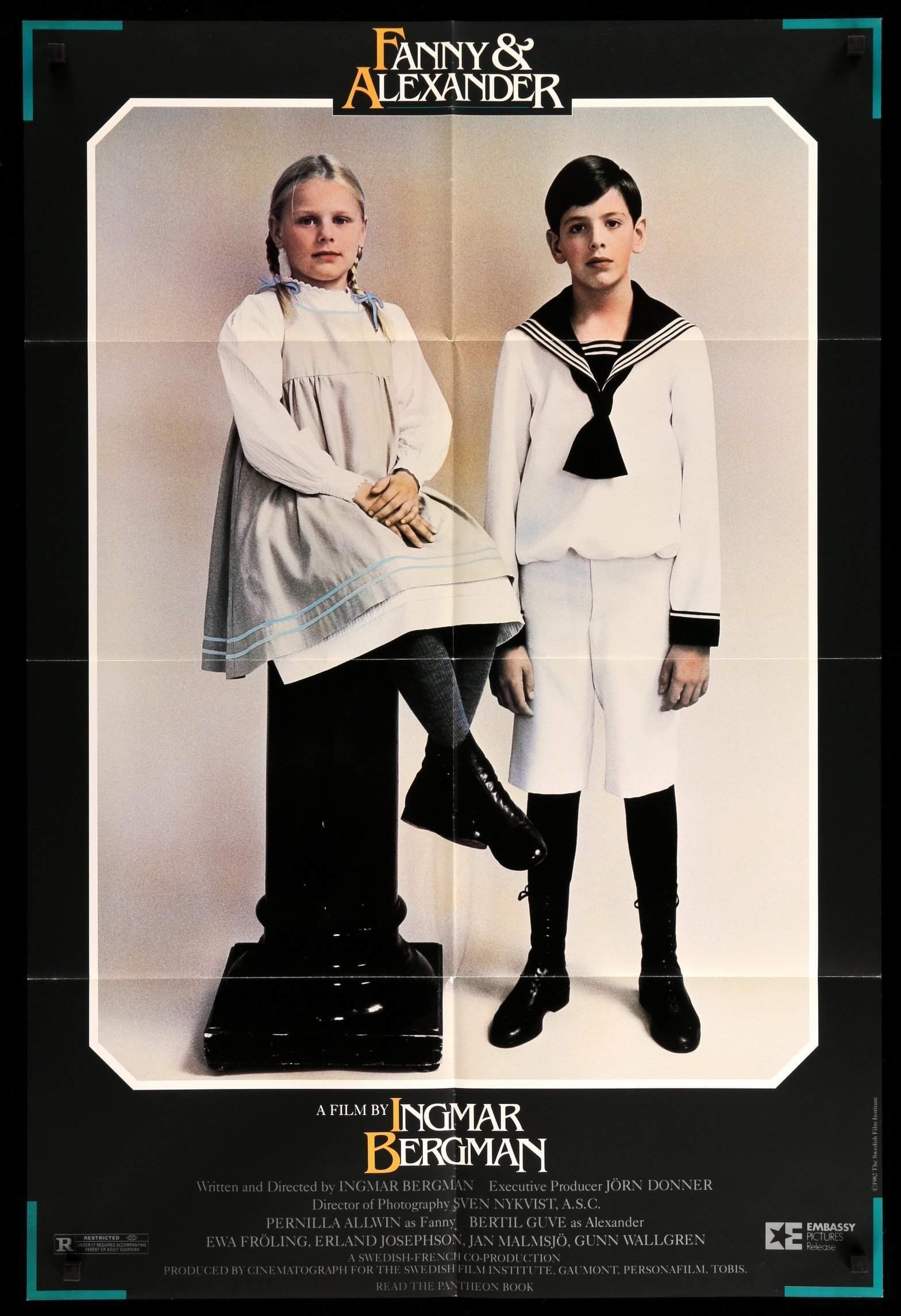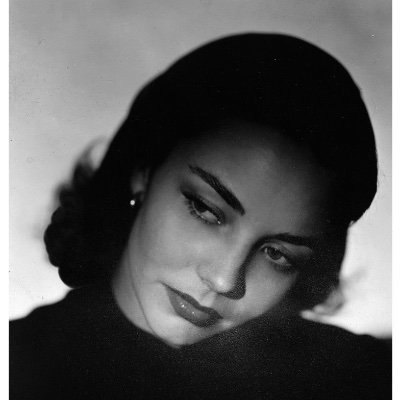
- Starring
- Bertil Guve, Pernilla Allwin, Kristina Adolphson
- Writer
- Ingmar Bergman
- Director
- Ingmar Bergman
- Rating
- 14A (Canada), R (United States)
- Running Time
- 188 minutes
Overall Score
Rating Summary
Fanny and Alexander is one of the most acclaimed films of the 20th century and most cinephiles would lose all respect for a person who doesn’t think it is the greatest thing since sliced bread. Well, I have to admit that I am one of those film lovers who is about to be exiled by the community for not responding positively to this ponderous, wearisome vanity project. That moment when everything would fall into place and enjoyment could begin never happened. It just felt like 3+ hours had just been wasted and it was painful to sit there and be subjected to it all.
Fanny and Alexander is set in the 1900s and traces the downfall of several members of the Ekdahl family. Alexander (Guve) and his sister Fanny (Allwin) have experienced happy, stable childhoods but the death of their father, Oscar (Allan Edwall) has tragic consequences. Their mother Emelie (Ewa Fröling) decides to marry Bishop Edvard Vergérus (Jan Malmsjö) in an effort to regain her joie de vivre. He proves to be a strict, overbearing stepfather and hates the fact that Alexander is prone to flights of fancy. The conflict between Alexander and Vergérus only worsens over time and Vergérus appears unable to accept the fact that the Ekdahls have a different way of life.
Ingmar Bergman based much of Fanny and Alexander on elements of his own life and that may have contributed to the self pitying tone that it takes on. Alexander is an artistic young soul who is a cherished member of his family. He looks cherubic and he is never given a great deal of depth. We are simply meant to trust that he will go on to be a great artiste, in the manner of Bergman himself, and cry when people abuse him. This little boy and the other heroic characters in the film are never particularly interesting and Bergman seems to be aware of this. Of course, we still have to spend hours with them because we need to know how good and pure they are. One ends up suspecting that Bergman made this entire film so that he could present us with a rather histrionic series of scenes in which Edvard and his associates cruelly torture Alexander. It becomes very Flowers in the Attic-esque as Bergman indulges in every trope of the gothic melodrama. This could have been quite enjoyable if Bergman had given into his melodramatic impulses. He could have created a piece of beautiful trash and admitted that he does have an exploitative interest in presenting suffering as a thing of beauty.
Bergman does not do any of that and he presents all of this in that somber, utterly serious manner of his. Alexander nobly fantasies about a better life while Edvard villainously beats and taunts him. Apparently, Edvard was based on Bergman’s father and that makes sense when you begin to think about it. He does feel like the sort of character that an angsty teenager would think up in a fit of rage. He’s an evil father figure who tries to hold Alexander back from fantasising and using his artistic abilities. The film then exists to pat Alexander, and Ingmar by extension, on the back for having overcome this toxic influence in their life. I suppose the story of a stepfather who is at war with his stepson could have been fascinating but Bergman’s vision of himself as a poor, blameless little victim feels so self pitying that the story does end up feeling like the silly fantasy of some overdramatic fifteen year old boy.
Even that isn’t even arguably very well crafted. In something like Cries and Whispers, every frame looks like a painting and the actors are blocked to look as though they are appearing in one of the Flemish Primitive paintings. The house itself is representative of a womb and, through crafty camerawork, Bergman is always able to hold the threat of violence over our heads. That story was compelling to watch as Bergman’s commitment to bringing the style of a stage production to the screen was commendable. One could argue that he tries to employ a similar style with Fanny and Alexander but there is something stodgy about the imagery in this film. Everything looks rather cheap, even though the Ekdahls are meant to be an upper middle class family. There are no crimson walls or sofas smeared with menstrual blood, it’s hard not to feel short-changed. While this is a low blow and a complaint that is made far too often but this did look like a Masterpiece Theatre production. This needed more pageantry, more visual poetry, more spectacle. What motivated him to produce something that borders on looking ugly?
In the end, the biggest problem, beyond how juvenile all of this seems, is that none of these characters or their lives are terribly fascinating. Perhaps this would be a thing of great interest to the members of the Bergman family but for those without a personal connection to this tale, it’s hard not to shrug and wonder why any of this matters.
still courtesy of Janus Films
Follow me on Twitter.
If you liked this, please read our other reviews here and don’t forget to follow us on Twitter or Instagram or like us on Facebook.

I am passionate about screwball comedies from the 1930s and certain actresses from the Golden Age of Hollywood. I’ll aim to review new Netflix releases and write features, so expect a lot of romantic comedies and cult favourites.

